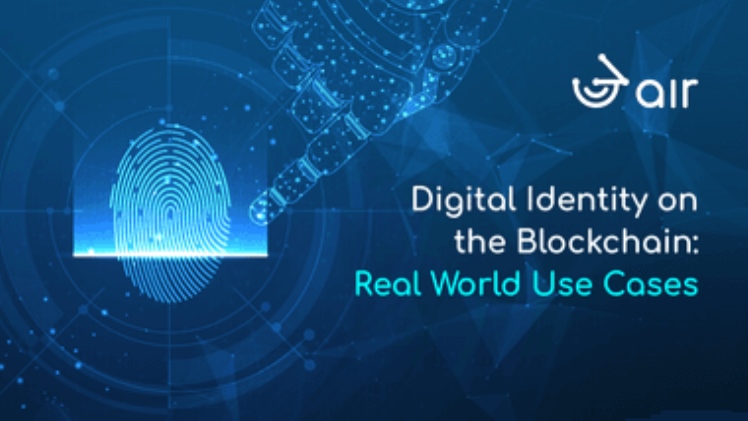While people don’t normally wake up thinking about digital identity or self-sovereign identity, we do need to prove our identity to open a ifsptv bank account, fly on an airplane, and do many other daily activities. This means that digital identity is often a secondary goal. However, companies such as the NHS are beginning to test the concept of digital identity use cases. The NHS is trying to make transferring credentials easier and more convenient for doctors and other medical professionals.
Digital IDs have the potential to improve readwrites public services and increase access to the digital economy. A recent McKinsey report estimated that the use of digital IDs could unlock three to 13 percent of GDP by 2030, with half of that value going directly to individual pockets. These digital IDs will streamline interactions and empower secured transactions. While there are a lot of benefits, digital IDs also come with significant privacy concerns.
The age of the user is one of the sportstimesdaily most sensitive information that needs to be reliable. It is also important to make sure that the identity is reliable. For this, a user should use an authentic source such as a national eID card. Once this is done, the information is safe. However, this can be difficult to achieve without a robust digital identity platform.
Blockchain technology enables the durability and tamper-proofing of identity maangomenews documents. Government entities can store ID evidence on blockchain to make sure that their data is secure and snappnews dependable. The tamper-proof nature of the blockchain also allows government officials to quickly issue duplicate ID proofs.

